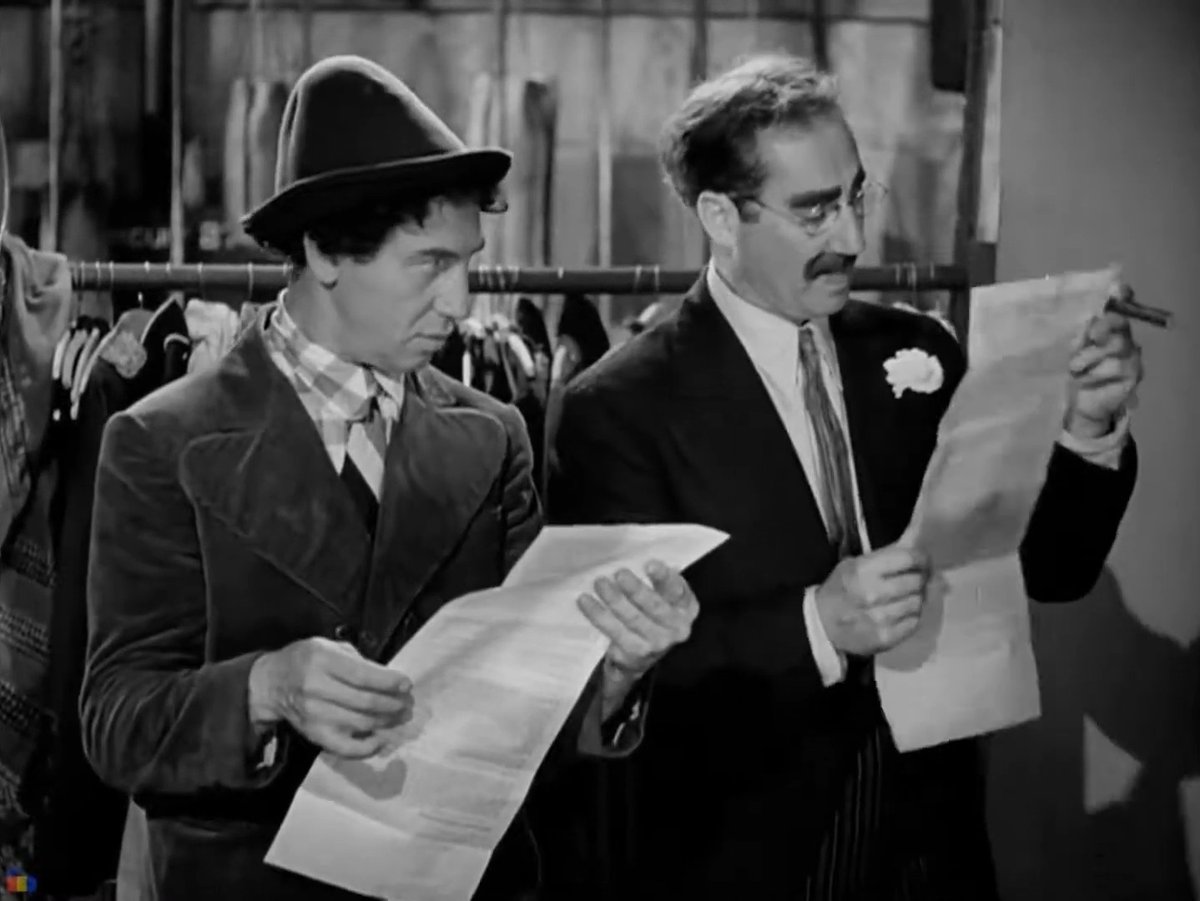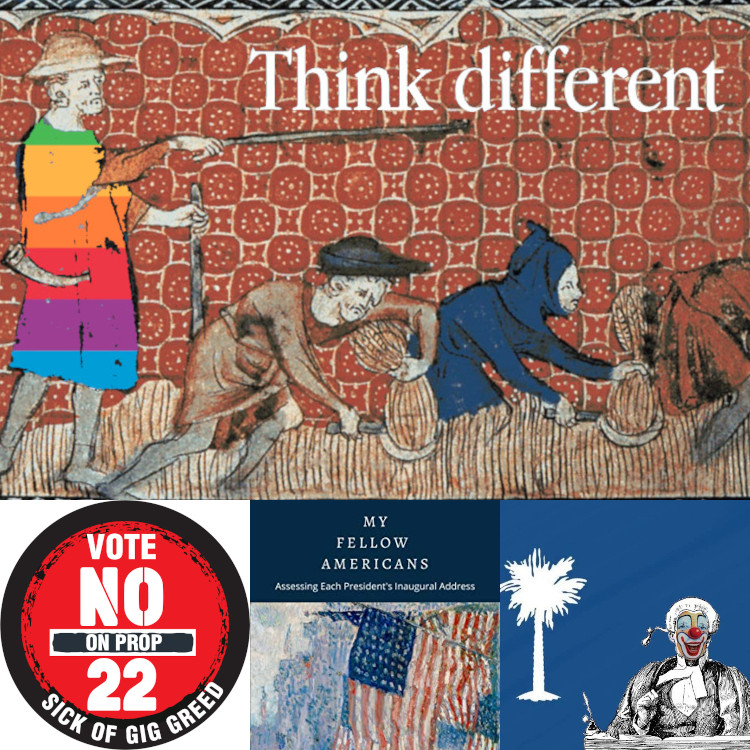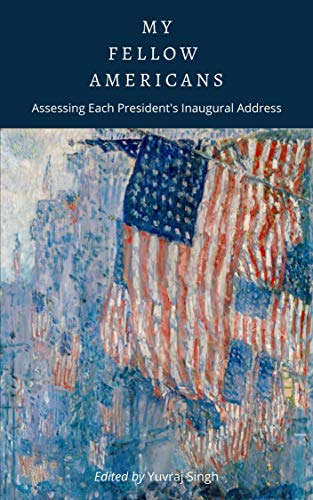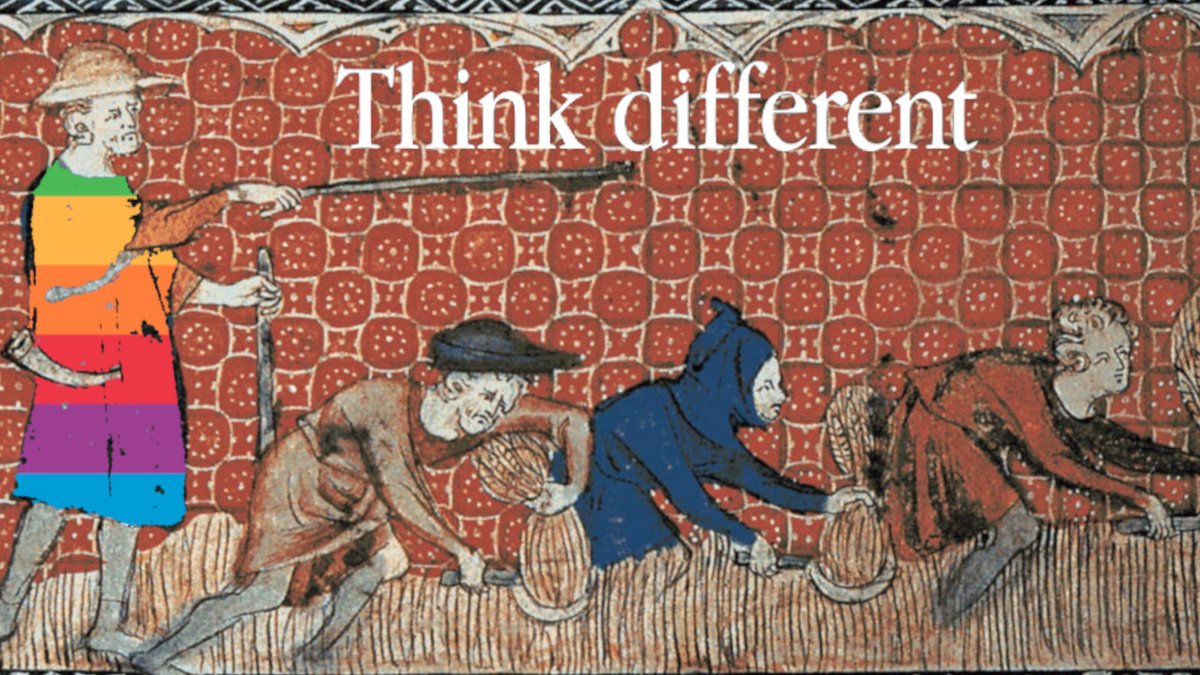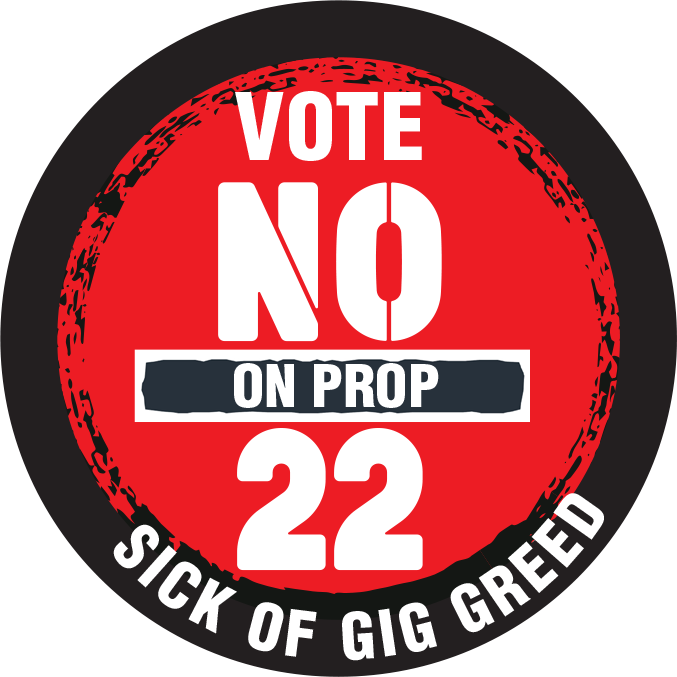
In the last days of 2018, my family rode our bikes over the @IliadBookshop, a treasure of a local bookstore. There I spotted an impeccable first edition hardcover of one of my all-time favorite novels, Damon Knight's 1992 WHY DO BIRDS? I bought it on the spot.
1/
1/

Three hours later, I'd re-read it and posted a review. It was every bit as fantastic as I remembered:
memex.craphound.com/2018/12/28/why…
2/
memex.craphound.com/2018/12/28/why…
2/
In 2002, a mysterious man is arrested for illegally occupying a hotel room: he says his name is Ed Stone, and that he was kidnapped by aliens from the same hotel room in 1931 and has just been returned to Earth, not having aged a day.
3/
3/
The aliens have told him that Earth will be destroyed in 12 years and that before then, the entire human race has to put itself in a giant box (presumably for transport to somewhere else, though Ed is a little shaky on the details).
4/
4/
To help Ed with this task, the aliens have given him a ring that makes anyone who touches it fill with overwhelming good feelings for him and a desire to help him.
5/
5/
Knight was an absurdist of the first order, a gifted author whose economy and humor rival the likes of Kurt Vonnegut. Why Do Birds was his penultimate novel, and I haven’t read it in more than 20 years, but I have never forgotten key details.
6/
6/
There’s a great scene straight out of The Space Merchants where marketing executives for The Cube Project discuss how they will float rumors that poor people will not be allowed in The Cube, in order to spark a mass movement demanding entry into the giant box.
7/
7/
Then there’s the scene where they figure out the rate at which humanity will be reproducing itself as it is marshalled into great loading docks for suspended animation and insertion into The Cube).
8/
8/
There are more laugh aloud moments galore in this, but also some really fantastic, first-rate technical speculation, and wry political commentary, and satirical pokes at the “golden age” of science fiction pulps.
9/
9/
It’s not like any novel you’ve ever read, and it blends much of what was wonderful about the early years of science fiction with a literary sophistication that came from a distinguished writer at the peak of his powers.
10/
10/
Knight founded the @sfwa and its "Grandmaster" prize is named for him - a fitting tribute, given the generations of writers he mentored along with Kate Wilhelm during the decades they ran the Clarion Writers Workshop (he was one of my teachers, and a friend).
11/
11/
When I posted my review, WHY DO BIRDS was technically still in print, with paperback copies available at normal retail price on Amazon. But within minutes, those copies had sold out and the pricing bots had driven the cost of used books up to $75 and more.
12/
12/
They eventually stabilized, but, more importantly, there's new edition of the book, from Reanimus Press:
reanimus.com/store/?i=1679
eof/
reanimus.com/store/?i=1679
eof/
• • •
Missing some Tweet in this thread? You can try to
force a refresh

